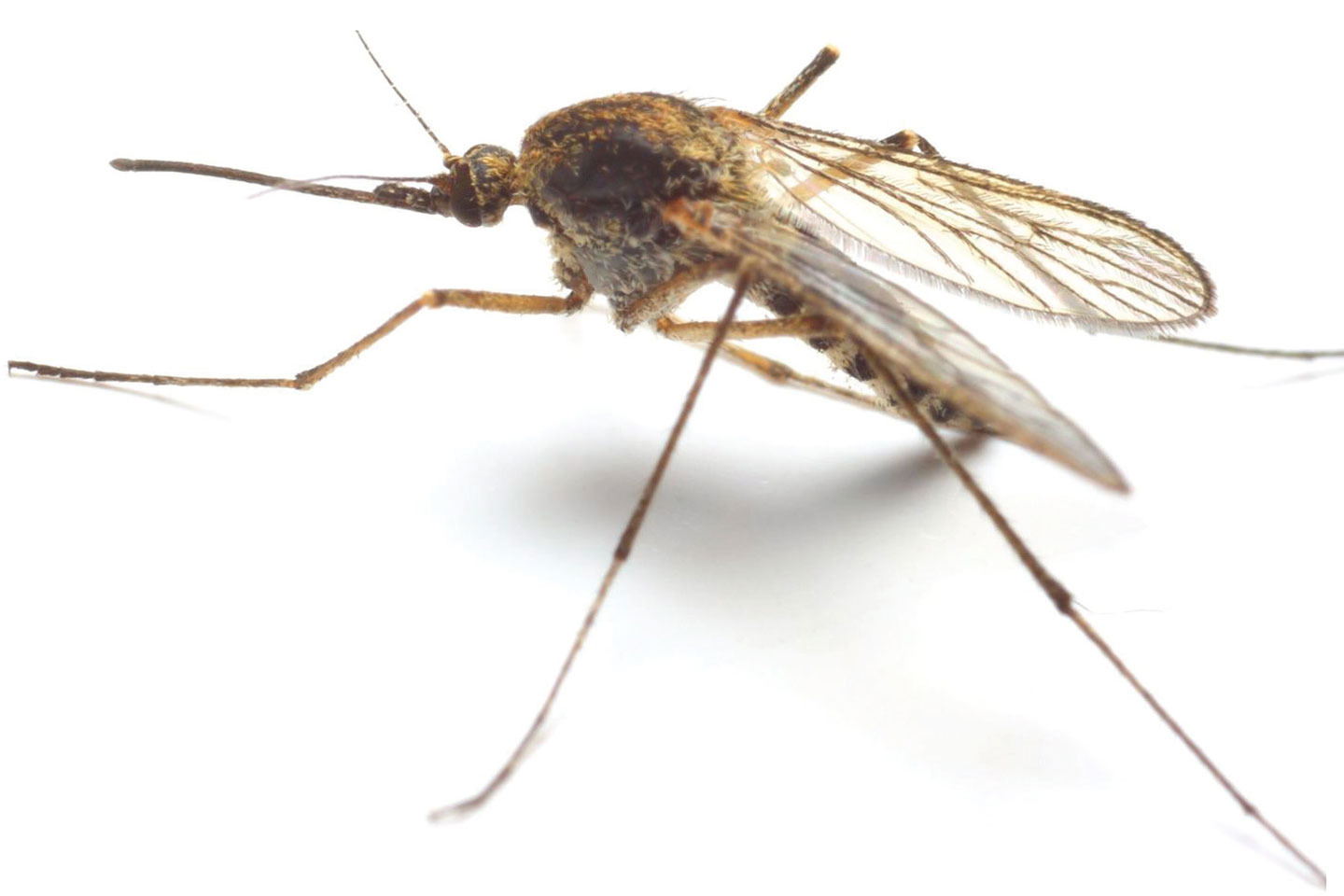Insect pests are an intimate part of every home. In the air, carpet, counter or cupboard, every home shares its resources with these tiny, often unseen invaders. Pesticides are available for most common household insect pests, but these potent chemical compounds may be more harmful to you and the environment than the pests. Here are some natural, non-toxic ways to control household insect pests. Mosquitos The first line of defense against mosquitos is to seal their point of entry.
Mosquitos are most active in the early morning and early evening. They seek areas of still air because they are hampered by breezes. Close windows and doors on the side of your house which are opposite the breeze.
Then try:
• The most important measure you can take is to remove standing water sources. Change birdbaths, wading pools and your pet’s water bowl twice a week. Keep your eaves-troughs clean and well-drained. Remove yard items that collect water.
• Campers often report that the very best mosquito repellent is Herbal Armor, a nontoxic DEET-free repellent which is also recommended by National Geographic.
• If you’re using a barbeque, throw a bit of sage or rosemary on the coals to repel mosquitos.
• For an effective, natural bug repellent, mix one part garlic juice with five parts water in a small spray bottle. Shake well before using. Spray lightly on exposed body parts. Its effects should last five to six hours. Strips of cotton cloth can also be dipped in this mixture and hung in areas such as patios as a localized deterrent. Commercially available garlic-based, allnatural mosquito repellent and larvae killer will repel mosquitoes up to four weeks
•Neem oil is a natural vegetable oil extracted from the Neem tree in India. The leaves, seeds and seed oil of the Neem tree contain sallanin, a compound which has effective mosquito repelling properties. Neem oil is a natural product and is safe to use.
• Planting marigolds around your yard works as a natural bug repellent because the flowers give off a fragrance bugs and flying insects do not like. • Safe, nontoxic pheromone-based mosquito traps are now commercially available.
• For outdoor mosquito control, bat houses are effective. Some bat species can eat 500-1000 mosquitoes each per night.
• For broad application outdoor mosquito control, electric mosquito traps are commercially available. These traps do not use chemicals or propane gas.
• If you’re stung, Ditch the Itch is a non-toxic cream that takes the itch out of bites. Thai lemon grass (Cymbopogon citratus) is a natural and effective mosquito repellent. It contains the natural oil citronella, which is safe and effective.
In fact, lemon grass citronella is considered more effective than true citronella as an insect repellent. You can buy Thai lemon grass at garden centers and supermarkets, and it grows readily into a clump about 15” across and about 2ft tall. To use as a mosquito repellent, break a stalk off from the clump, peel off the outer leaves, until you find the scallionlike stem at the base. Bend the stem between your fingers, loosening it, then rub it vigorously between your palms – it will soon become a pulpy, juicy mass. Rub this over all exposed skin, covering thoroughly at least once. You can also make a tincture using alcohol, for spray applications. Plantings around the patio will also help repel mosquitoes.
Source: eartheasy.com












